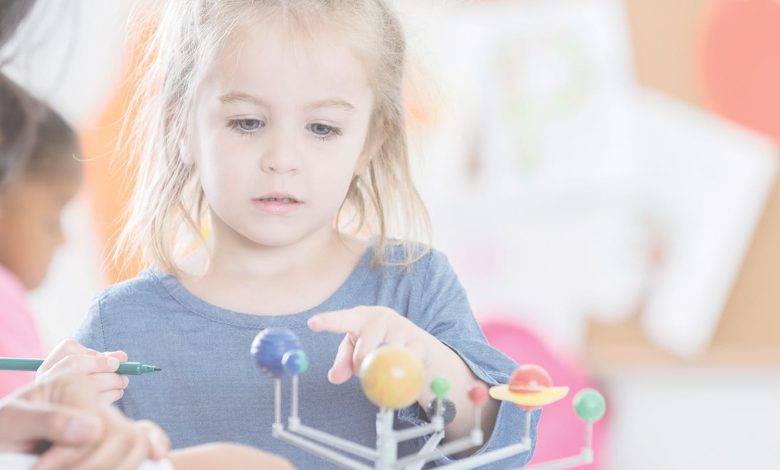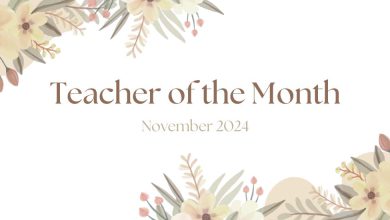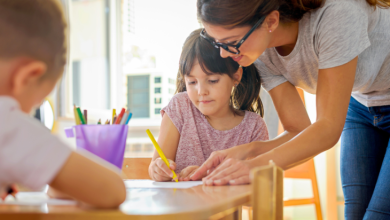What Makes an Effective Pre-K Curriculum?

What Makes an Effective Pre-K Curriculum?
Where has all the time gone?
Almost overnight, it seems, your beautiful baby has grown into an energetic 4-year-old eager to learn and show off more exciting new skills every day. And now kindergarten is right around the corner!
A good pre-kindergarten program helps your child prepare for this important new adventure. What should you look for in a pre-k for your child?
Experts from the Brookings Institution and Duke University point out that the best pre-kindergarten curricula are those that select evidence-based activities, invest in teacher development and promote an orderly but active classroom.
Let’s take a look at how an effective pre-k curriculum prepares your child for success in the years ahead, both at school and beyond.
Evidence-Based Classroom Activities
Look for a comprehensive pre-k curriculum that uses up-to-date research to guide instruction methods. The program should clearly spell out expectations for teachers and parents alike, and lesson plans should be aligned with expectations for kindergarten and early elementary achievement.
Teachers should lead engaging classroom activities that promote continued learning in language, literacy, math, science, the arts and other subjects, along with social and emotional skills.
Positive Interactions with Teachers and Peers
Children learn best when they are actively engaged with lesson content, rather than passively listening to lectures all day.
- A positive emotional climate is essential for effective learning.
- Higher levels of child engagement with course content have been shown to increase school readiness. This means hands-on activities that encourage cooperation with others.
- The best classrooms encourage consistent and responsive interactions between children, peers and their teachers.
Investment in Teacher Training
Quality pre-k programs emphasize teacher training, so that educators have the knowledge and resources they need to present lessons in a way that engages the child’s interest and desire to learn.
- Teachers should provide frequent assessment of your child’s progress and maintain open communication with parents.
- It’s also vital for teachers to know how to adapt instruction methods for the learning styles of individual children.
Well-Organized Classroom
Although pre-k learning should be fun and include play-based activities, it also needs a sense of structure to keep students and teachers on track.
- Predictable routines help children develop their growing sense of independence at this age.
- Teachers should plan ahead to minimize transition time between activities.
To support this important stage of development, Little Sunshine’s Playhouse & Preschool® offers a proprietary, research-based Pre-Kindergarten curriculum based on our understanding of crucial milestones.
You can learn more about pre-k at Little Sunshine’s Playhouse® by visiting a location near you!
You can learn more from previous blog posts:
Toddler Curriculum Fosters Exploration & Growth
Wondering What to Look for in a Preschool?
Common Questions about Early Childhood Education





